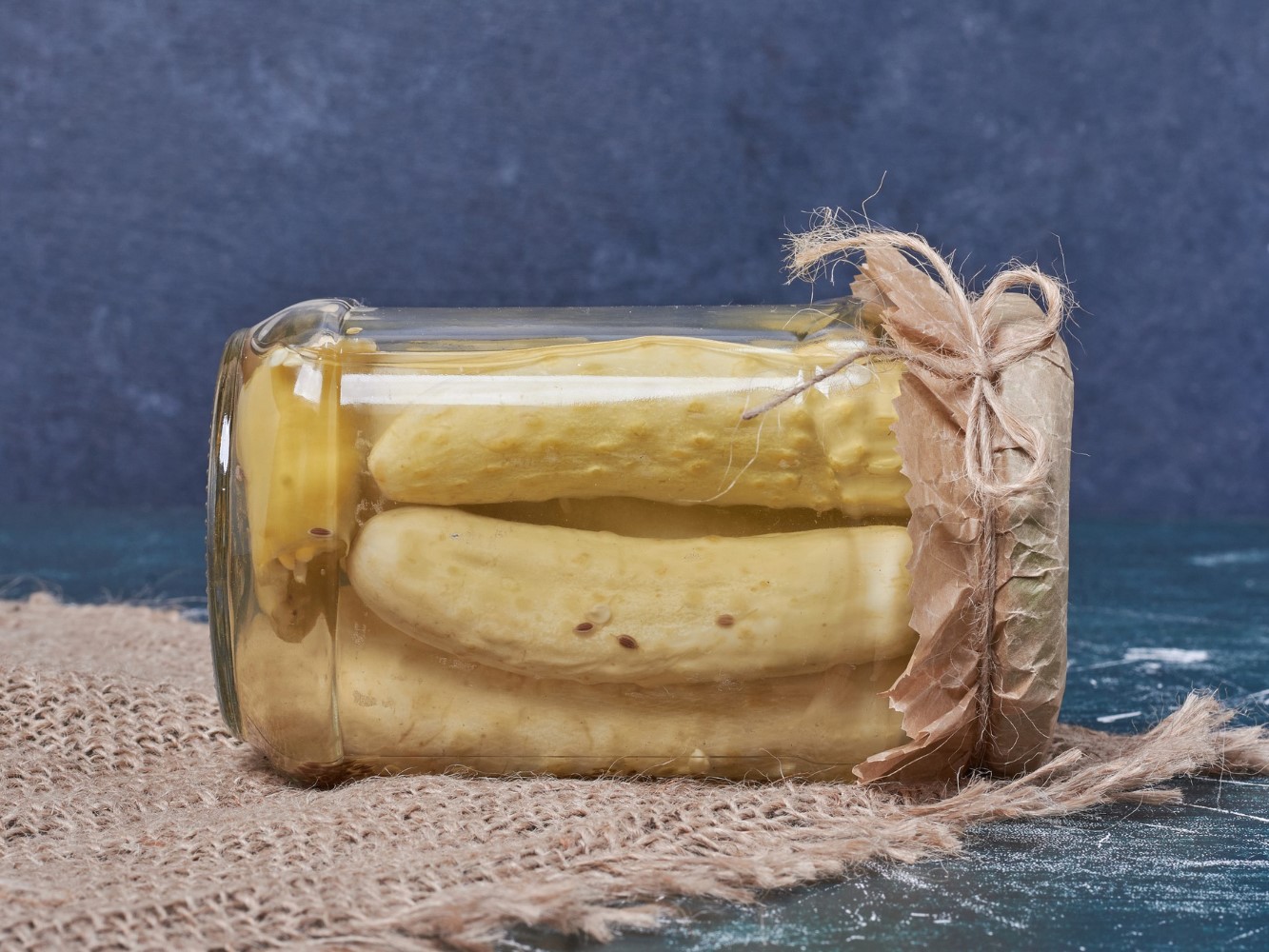The Secrets of Ancient Chefs – Culinary Techniques from the Past That Are Still in Use

In the culinary world, modernity often blends with tradition. Many culinary techniques that we use today have their origins in ancient times when chefs had to work without electricity, modern tools, or precise measurements. Despite the passage of centuries, some of these methods have stood the test of time, and their timeless effectiveness continues to inspire awe.
Fermentation – Flavor and Health from the Past
One of the oldest culinary techniques is fermentation. Known to ancient civilizations, it was used to preserve food and enhance its flavor. Pickled cucumbers, sauerkraut, and sourdough bread owe their existence to early chefs who discovered that fermentation not only extended the shelf life of food but also offered health benefits.
The Art of Baking in Wood-Fired Ovens
Baking in wood-fired ovens is another technique that has endured for centuries. Today, these ovens are experiencing a revival, especially among enthusiasts of traditional flavors. The crispy, slightly smoky bread or pizza from such an oven showcases techniques dating back to medieval times.
Confit – The Secret of French Chefs
Confit, a method of slow-cooking meat in fat at low temperatures, was originally used for preservation. Today, this technique has gained global popularity among chefs for the incredible tenderness and juiciness it imparts to dishes.
Smoking – A Tradition with a Smoky Flair
Smoking is a method of preserving food that dates back to prehistoric times. Today, it’s primarily used to impart a deep, unique flavor to dishes. Smoked fish, meats, and cheeses are proof that ancient techniques still reign on our tables.
Why Embrace Tradition?
Ancient culinary techniques represent more than just flavor; they embody respect for nature and simplicity. At a time when culinary art is increasingly driven by technological innovations, returning to these roots allows us to rediscover authenticity and the unique character of flavors. It’s worth remembering that cooking is not just about food—it’s about the history and culture that have been preserved thanks to the masters of the past.
Recommended

Fermentation Weight Ceramic 21 cm

Bread Tin Granite GRANDE 27.5 cm

Jar with Clip Glass 2 l

Marinating Container with Spring 16x16.5 cm, 1.8 l

Smokehouse Thermometer Steel with Probe 16 cm

Canning Thermometer Steel with Probe 28 cm

Smoker Hook 11.5x8.5 cm 3 pcs

Smoker Hook 6x4.5 cm 6 pcs

Bread Proofing Basket Rattan 0.7 kg / 19 cm

Bread Proofing Basket Rattan 1 kg / 24x18.5x9 cm

Meat Netting Roll 5 m

Jar with Clip Glass IRMA 1.85 l

Jar with Clip Glass IRMA 3.4 l

Bread Tin Ceramic with Lid 33 cm

Bread Proofing Basket Rattan 1.2 kg / 21 cm

Bread Proofing Basket Rattan 1 kg / 26x13x9 cm

Bread Proofing Basket Rattan 1.5 kg / 43x16x7 cm

Butchers String Heat-Resistant 60 m

